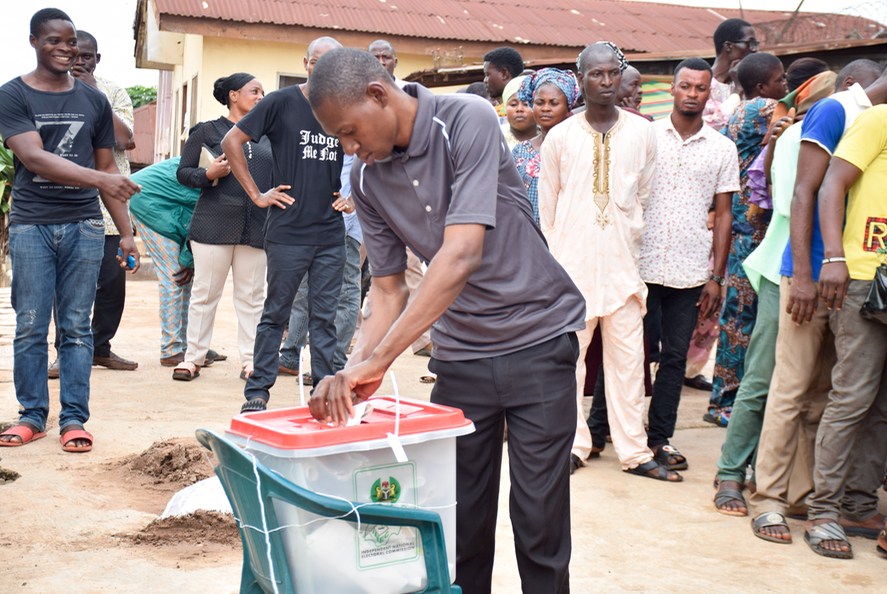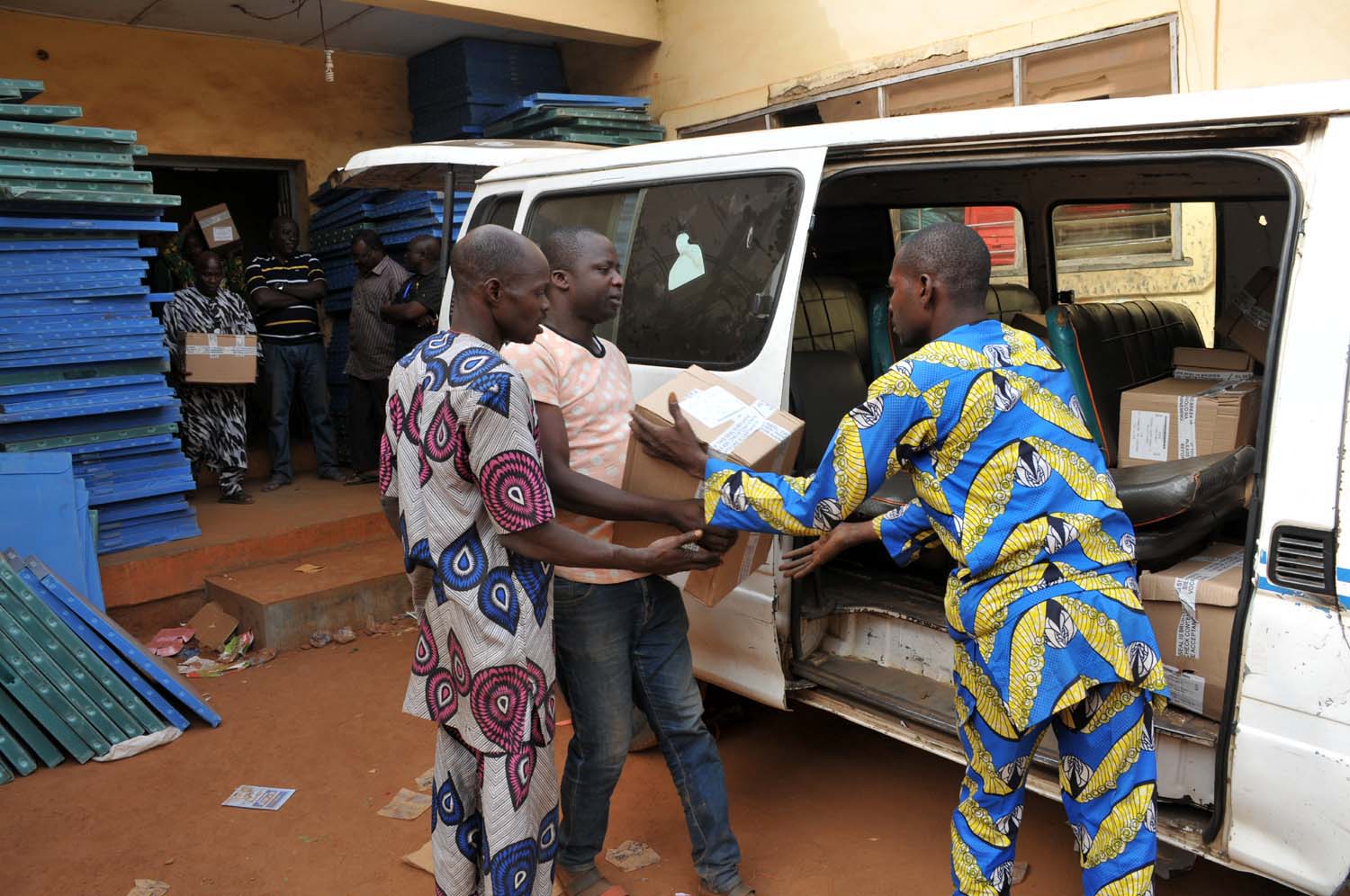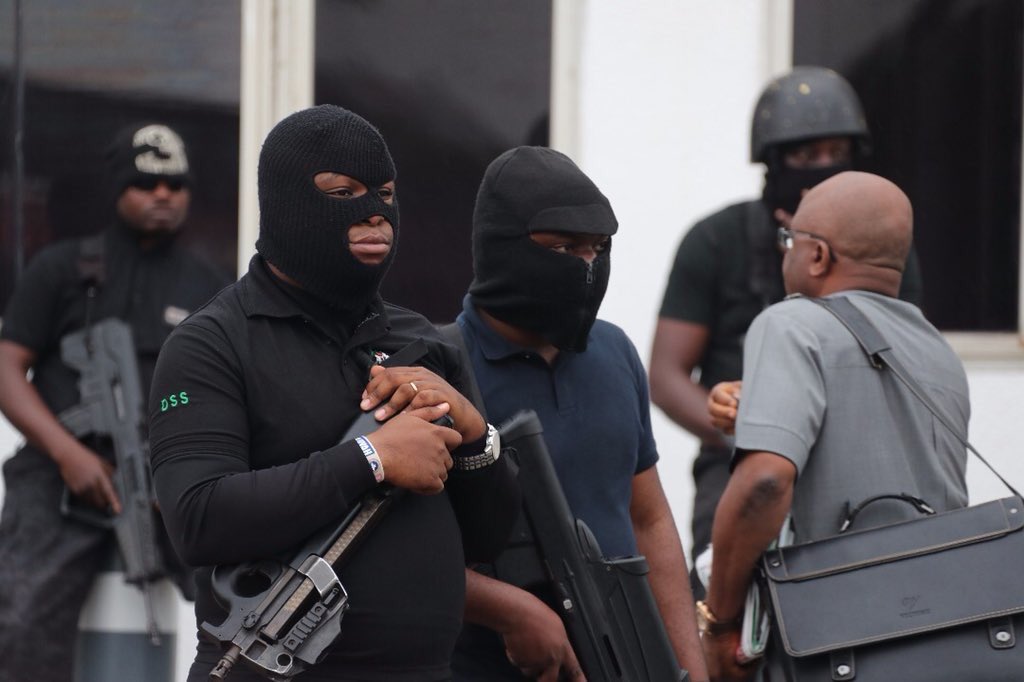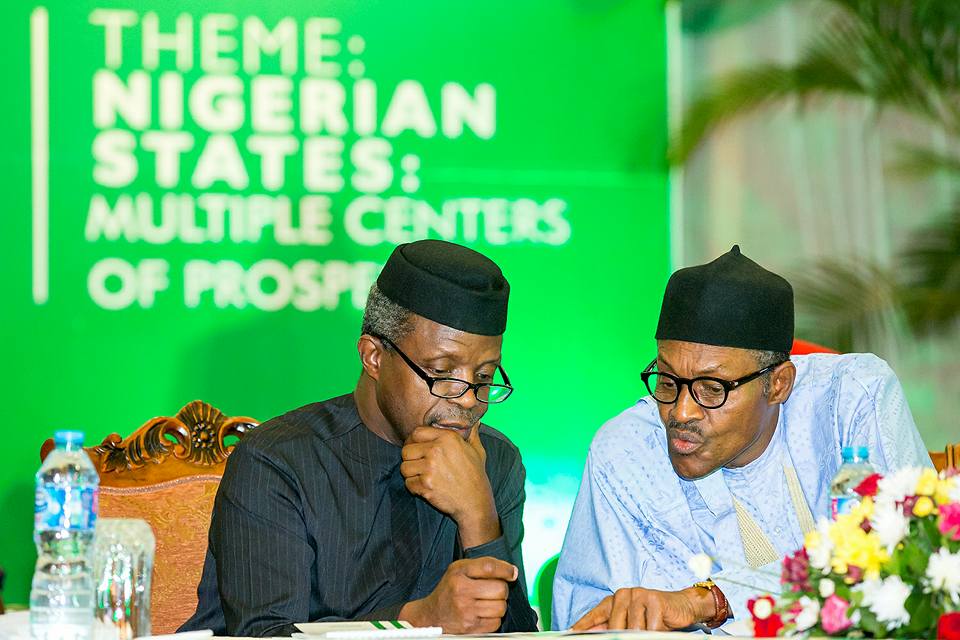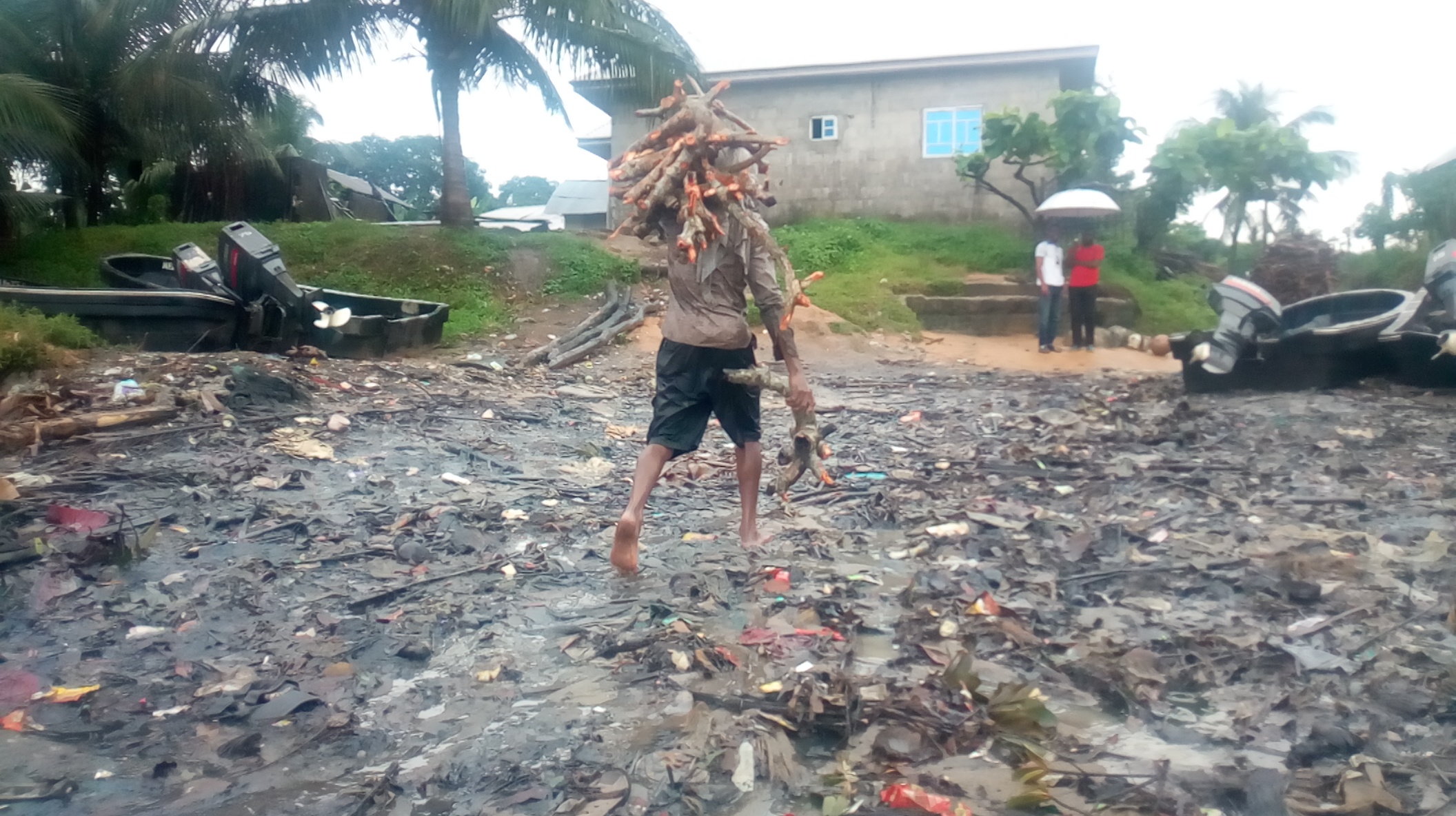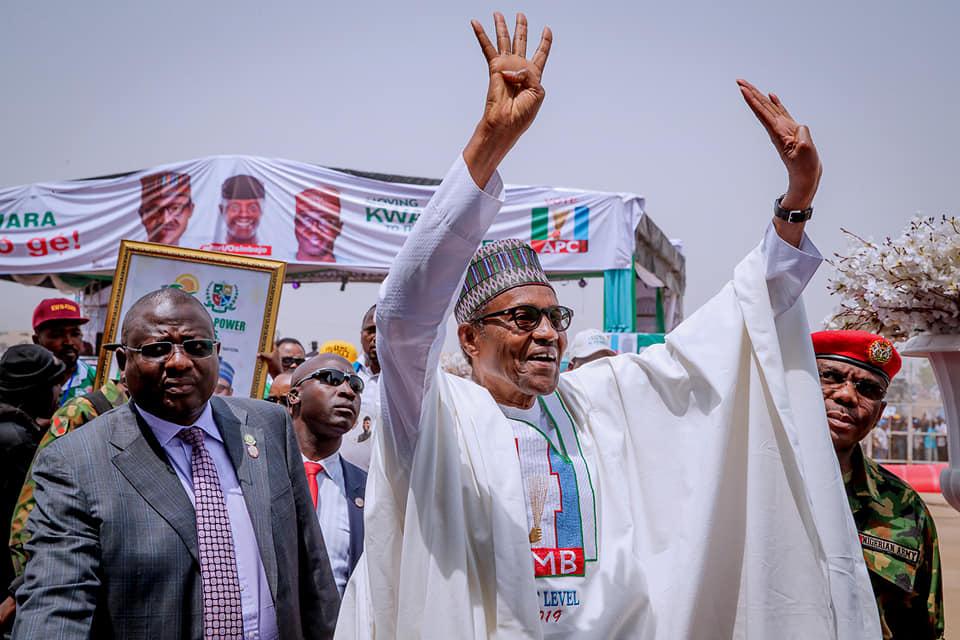BY OKE UMURHOHWO
Gradually, the moment everyone is anticipating is upon us. On Saturday, February 16, 2019, eligible voters will throng designated centres across Nigeria to cast the ballot for their preferred choices from the array of candidates fielded by political parties for available positions. Of much interest is the presidential election, where the Peoples Democratic Party (PDP) candidate, Abubakar Atiku, will square-off with the incumbent, Muhammadu Buhari, flying the All Progressives Congress (APC) banner. Though, there are about 73 parties that will be on the presidential ballot, the structure and support base of PDP and APC favour either of them to emerge victorious at the poll.
As expected, The APC and PDP have dominated the political wave with their campaigns. They are moving across states to convey promises and to edge one another in securing electorate support and by extension, win the poll. But the electorate must watch it and critically examine the two front-runners and be certain which of them have the capacity and zeal to draw the country away from this pitiable situation we currently find ourselves.
It’s an obvious fact that Nigeria is sliding on all front. From economic slump to social imbalance, the experience in the last three and half years have leave left the people disappointed and troubled. That makes the upcoming elections decisive, as electorates would make a choice and the outcome of the poll would show the projection of the people for the future; either for restoration or prolonging their harrowing experience.
Advertisement
Almost four years ago, former President Goodluck Jonathan passed a strong message when he said “The choice before Nigerians in the coming elections is simple: A choice between going forward or going backwards; between the new ways and the old ways; between freedom and repression; between a record of visible achievements and beneficial reforms-and desperate power-seekers with empty promises.” However, only few took heed of the caution and as he had predicted, that choice made by the electorate reversed all the gains achieved by successive governments and throw the country off-balance in every indices of development.
Unemployment rate rose to a disturbing 23.10 percent under three and half years from a manageable 8.20 percent when president Buhari took charge. According to the National Bureau of Statistics (NBS), Nigerians who have either lost their jobs or could not get job despite their qualifications, hovers around 21 million persons. This is one of the unfortunate consequences of the choice electorates made.
Even more challenging is the economy, which was one of the three focal campaign promises of Buhari. But the economy suffered indecisive management that plunged the country into recession in 2016– the second time in history since independence. From the inconsistent forex applications, which have snuffed life out of many businesses to the flagrant disregard for rule of law that have discouraged investments and led to a decline in FDI, the economy has endured turbulent circumstances under Buhari.
Advertisement
While Nigeria’s external debt stock rose from $10.32 billion in June 2015 to $22.08 billion in just three years, this huge borrowing failed to have any positive impact on the populace as the country overtook India as poverty capital of the world. According to a report by Brookings Institute, no fewer than 87 million Nigerians are battling extreme poverty, raising questions on the utilization of the debts incurred by the Buhari presidency, which grew by 114.05 percent.
Security is also a major concern in the last four years as Boko Haram attacks seem to have grown bolder that it now targets military installations, while bandit’s onslaught and Fulani herdsmen brutality have devastated people of Zamfara, Southern Kaduna, Katsina, Sokoto, Plateau and Benue states. Millions have deserted their homes and find an abode at Internally Displaced Persons (IDPs) settlements, while economic and social activities in the troubled areas are either distorted or suspended.
Nigeria is in shamble and struggling to survive the glaring failures of the last three and half years. Trading blames, instead of taking responsibility left Nigeria in a precarious situation. Salvaging the sordid outlook of both the economic and social lapses that have plagued the country will require firm resolves and patriotic postures.
Casting the ballot is a civic responsibility but it must be exercised with caution so as not to reinforce failure. Whenever electorate surrendered their mandate to emotion, rather than capacity and verifiable indices, it implies they are complicit in the misgovernance that had plagued our country. They should blame themselves for the horrendous plights that the ruling elites melts on them.
Advertisement
Upcoming elections present us the right opportunity to discontinue our mistakes and ignore every deceit that orchestrated the disappointments and regrets of the last three and half years. Our votes should start a promising tomorrow and assurance of better well-being, not extend the pitiable situation that confronted the country. It should open up opportunities and get Nigerians back to work, not advance the idea that poverty is a virtue that citizens must gladly accept.
That is the essence of democracy and why it is preferred to any other form of government. Within our PVC rest our faith and that of the country as our choice will determine the future. As such, we must brace up and take a firm decision to correct the anomalies of the past. We should outsmart our oppressors by choosing our collective comforts and growths to their selfish attempt to further subjugate us. We should reject the fancy of stomach infrastuture and let our votes reflect our consciences.
February 16 is the day we should kickstart the recovery of the country from the current depressing state to a prosperous future. With our votes, we should make our stand known and we must not allow the fear of the establishment scare us away from embracing a choice that would not only represent our interests but get our country on the right track. As such, we should be firm to our choice and also mobilise friends and family to reject the elongation of docile leadership that have left Nigeria in a sordid situation.
This is not the time to succumb to cheap propaganda but we should look at the personality, antecedent, experience and backgrounds of those aspiring to govern us. So as to decipher their capacity and willingness to drive a country that works for all and not guided by nepotistic tendency. From every indices, PDP’s Atiku Abubakar, captured the anticipations and desires of people of Nigeria. He’s a unifier, with proven economic background and capacity to deliver on set goals.
Advertisement
His agenda which revolves around Getting Nigeria to Work Again place much premium on serving the people – the fulcrum on which his interest in the country’s top political office is based. Going through his policy document clearly revealed a man prepared for leadership as he had taken his time to appraise the issues bedevilling Nigeria and was able to come up with probable remedies to change the narratives that had impeded the growth and development of the country.
Atiku’s concise and unambiguous mission to return the country back to when it was working and keep our youthful population in gainful ventures is encouraging. There is no question about how much complacent the people have become over the years after seeing dreams and aspirations remaining unfulfilled. The situation is becoming increasingly unsustainable as the people wallowed in extreme poverty even as the armies of criminals grow by the day.
Advertisement
Without doubt, Atiku is offering a better deal that every eligible voter must consider well before casting their ballots. The suffering and indirection in the country must end and eligible voters holds that decision. Let’s make it happen by voting Atiku Abubakar as president.
Umurhohwo is a political analyst and strategist as well as a member of the PDP. He tweets from @stalyf
Advertisement
Views expressed by contributors are strictly personal and not of TheCable.
Add a comment
